China vs. Thailand
1953 - 1975
Core issue: Ideological dispute during the Cold War
between Communist China and the kingdom of Thailand
Type of conflict ending: Peaceful thawing
Like many of the conflicts in the South-East Asian region, the conflict between Thailand and China was based on ideology and had its roots in the Korean War which lasted from 1950 until 1953. After the war ended with the Korean Armistice Treaty, Thailand was part of the alliance between South Korea and the United States. Thailand recognized the authority of the Republic of China in Taiwan and had no diplomatic relations with the People's Republic of China in Beijing.
This ideological conflict took place within a larger context influenced by great powers and global affairs,
but it was nonetheless specific to Thailand and China. Thailand and China had a long history of political and trade relations, dating back thousands of years. In the early 20th century, these relations were friendly, and many Chinese moved to Thailand for work and eventually settled there. Once the Korean War began, the ethnic Chinese population and the Chinese government were perceived as a security threat to Thailand. The Thai government and the monarchy were concerned about the spread of communism, and therefore consequently aligned itself with the United States and the West during the Korean War. For its participation, Thailand received financial funding from the United States. Friendly and beneficial relations with the US led to a strong pro-Western, anti-communist sentiment within Thailand.
Prior to the Korean War, the government of Thailand faced opposition from the labor unions. In 1947,
the pro-communist Central Labor Union (CLU) was estimated to consist of tens of thousands of members. The labor union promoted an alternative to Western economic support and aligned itself with the World Federation of Trade Unions. While Prime Minister Phibun was able to suppress the CLU by creating a new government-controlled labor union, it was still assumed that Chinese members of the trade unions were infiltrators from the PRC. Further, Phibun was instrumental in cementing an anti-Chinese view during
his incumbency. He initiated many laws that limited Chinese immigration, closed Chinese schools, and limited Chinese businesses.
The first communication between Thailand and China occurred at the unrelated Asian-African Conference in Bandung (Indonesia), where China announced its foreign policy priorities. China sought to find new allies and trading partners as the country was feeling increasingly isolated by the Western bloc. The speech given by the Chinese foreign minister Zhou Enlai emphasized China's peaceful intentions in Southeast Asia, and more importantly addressed one of the key issues of conflict between China and Thailand - the nationality of ethnic Chinese abroad. China's interest to ban dual citizenship influenced the Thai delegation and led to a meeting between the foreign ministers of both countries. Zhou convinced the Thai delegation that China had no intentions of infiltrating or interfering with Thailand's internal politics, and the talks concluded with the planning of Thailand's first official visit to China.
During secret meetings, officials of both countries met and discussed their future relations. The Thai delegation remained in China for months and met not only with Zhou but also with Mao Zedong in December 1955. Mao proposed the idea of economic cooperation as well as cultural exchange without
the need for official diplomatic relations. Further addressing the ideological issue of Buddhism, Mao promised that relations with communist China would not threaten Thailand's cultural and religious identity. Mao also offered the possibility of sending a Chinese delegation to the two-thousand-five-hundredth celebration of the passing (Parinibbana) of the Buddha.
Although these meetings led to positive developments between the two countries, actual progress was
not made until 1972, when Richard Nixon visited Beijing. This was partly because of regime change within Thailand, and partly because of strong US influence on the country. In 1975, the conflict was resolved through peaceful thawing and diplomatic relations were established by Prime Minister Khuekrit Pramot.
Sources
Aiyara, T., 2019. "The Long and Winding Railway: Domestic Politics and the Realization of China-Initiated High-Speed Railway Projects in Thailand", Chinese Political Science Review, 4 (3), 327-348.
Tan, M. and Council on Southeast Asia Studies, Yale University, Connecticut, 2018. "Confronting Communism: Sang Phatthanothai and Thailand's Dynamic Relationship with the Cold War World, 1948-1957", Journal of Social Issues in Southeast Asia, 33 (1), 59-115.
Tungkeunkunt, K. and K. Phuphakdi, 2018. "Blood Is Thicker Than Water: A History of the Diplomatic Discourse 'China and Thailand Are Brothers'", Asian Perspective, 42 (4), 597-621.
